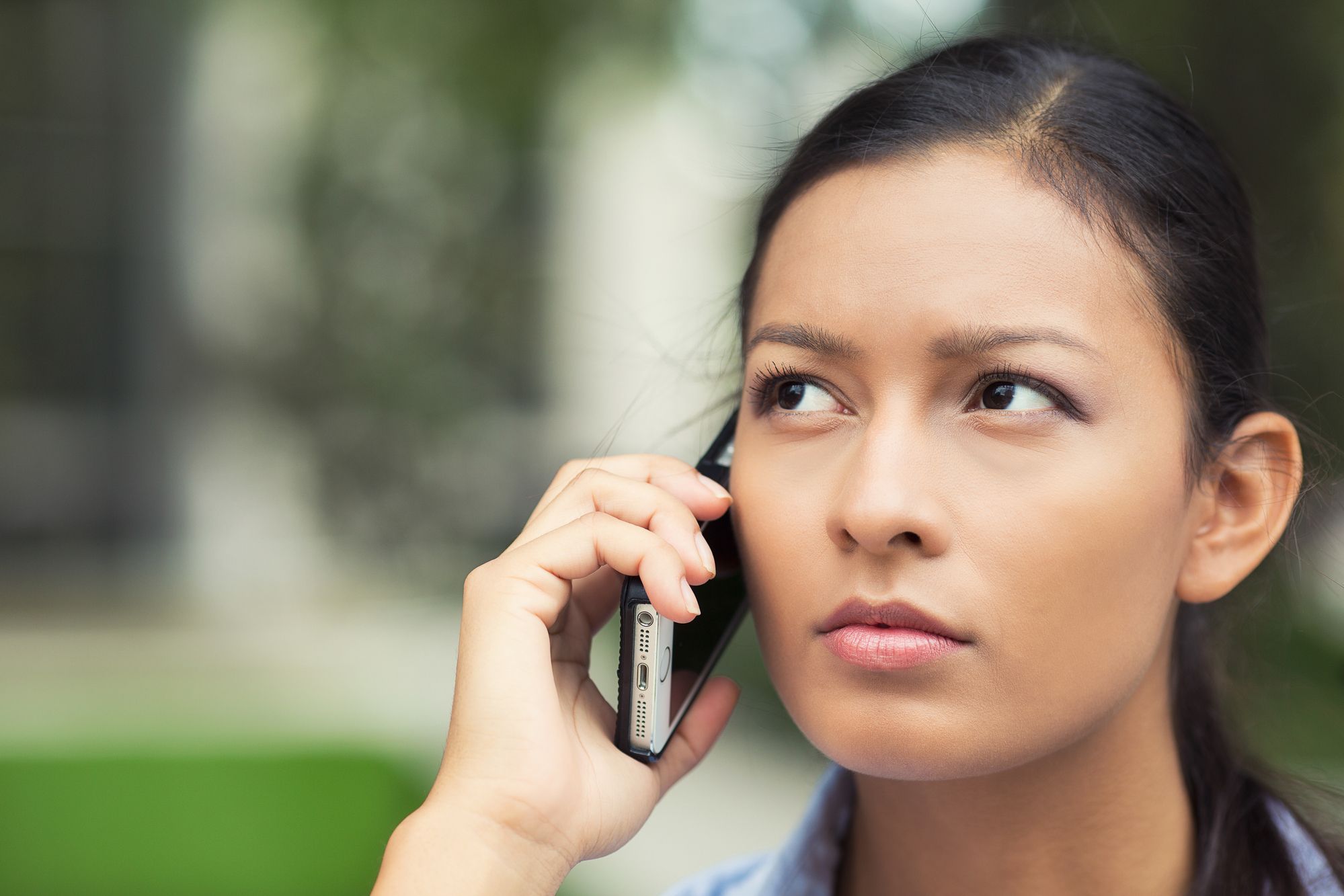Top Class Actions’s website and social media posts use affiliate links. If you make a purchase using such links, we may receive a commission, but it will not result in any additional charges to you. Please review our Affiliate Link Disclosure for more information.
As technology of all kinds improves, it should be no surprise that the methods telemarketers use are improving as well. One method that is common with many companies seeking to advertise their services or specific deals is a telemarketing auto dialer. And as technology moves forward, laws have to progress to put guidelines around usage of those technologies.
However, there’s a lack of clarity surrounding the laws on auto dialers, and due to this thousands of TCPA lawsuits have been filed against companies who use this form of telemarketing.
Auto Dialer Overview
A telemarketing auto dialer system is a relatively inexpensive way for companies to advertise to a wide number of consumers. All a company needs to set up such a system is a computer, a voice modem, an active telephone line, and the telemarketing auto dialer software itself.
Legally, an auto dialer is defined as “equipment which has the capacity—(A) to store or produce telephone numbers to be called, using a random or sequential number generator; and (B) to dial such numbers.” This definition may seem fine, but it lacks clarity regarding new capabilities of these systems. After all, according to JDSupra, this law was written more than thirty years ago.
What Are the Auto Dialer Laws?
While the legal definition may lack clarity, cybersecurity companies are very clear on what an auto dialer is. According to Techopedia, a telemarketing auto dialer is a software used to automatically dial many phone numbers from a database. The program can be further specified to leave recorded messages in voice mailboxes or receive recorded responses.
Auto dialers could technically be used for many purposes, but they are primarily used in telemarketing and customer support. Other uses include school alert systems, doctor’s office alerts, or advertising for a political campaign.
The Telephone Consumer Protection Act is one federal law that aims to protect consumers from bothersome telemarketing contacts. The law limits when and how companies can employ telemarketing to reach out to consumers. Telemarketing is considered messaging sent with the goal of advertising goods and services.
If you have ever received ads or coupons over text messages, sweepstakes invitations over a voicemail, or phone calls inviting you to sign up for services, you have received telemarketing messaging. More often than not, these messages were probably sent with the use of a telemarketing auto dialer. Consumers should be aware, however, that if they did not consent to receive these messages the business who sent them might be in violation of the TCPA.
Because auto dialers are one way that companies can reach out to many consumers at once, the TCPA has zeroed in on auto dialers as one piece of technology whose use is limited. Whether text messages, calls, voicemails, and faxes, the TCPA prohibits businesses from sending telemarketing using auto dialers unless a customer has explicitly opted into such messaging.
The use of auto dialers may also come hand in hand with the use of prerecorded messaging, which is also prohibited by the TCPA, unless a company has first obtained the prior express, written consent of a recipient.
If you have received a spam call, text, or fax that you did not want, and you believe that it was sent through the use of an auto dialer, you could be eligible to claim benefits of up to $1,500 per message, under the rules of the TCPA.
Another law that protects consumers against autodialed calls is the TRACED Act. Signed into law in 2019, the TRACED Act places more responsibility on the Federal Communications Commission as well as phone service providers to detect and prevent illegal robocalls. Under the TRACED Act, phone service providers are now required to provide services to consumers that detect potential incoming spam calls and flag these numbers. They are required to offer these services to consumers at no additional cost.
This spam call detection may also allow consumers to see when they are receiving a call from a spoofed number. A spoofed number is a phone number that looks like it may be from a friend or neighbor, but is actually from a scammer. Rather than displaying the actual phone number that is calling, a spoofed number can display any number the scammer wants. Generally, scammers choose to show a number with the same area code as the recipient, in an attempt to deceive them into believing that the call is genuine.
Additionally, the TRACED Act has also increased the amount of money that companies or entities who use a telemarketing auto dialer may be fined. While the TCPA has previously allowed for penalties of between $500 and $1,500 for each violating call or text, the TRACED Act increases this amount to potentially thousands of dollars for each call. The act has also extended the time period for enforcing fines against companies who violate the law. While the TCPA allowed the FCC one year to prosecute offenders, this time frame has now been increased to four years.
TCPA Exceptions
There are some exceptions to the TCPA that allow entities to contact consumers without their prior and explicit consent. Governmental agencies including health departments are often permitted to contact consumers without first obtaining consent, as are non-profit organizations or political campaigns.
However, these entities are still generally prohibited from using robocalls. In the fall of 2020, many U.S. consumers may have noticed that they were receiving an overwhelming amount of political calls and texts regarding the 2020 election. Although political campaigns are permitted to call or text consumers, they must do so through human workers or volunteers, rather than through a telemarketing auto dialer.
As COVID-19 made physical campaigning and door knocking tricky, many political candidates turned to campaigns of phone calls and texting. According to one estimate, at least a billion of these messages were sent to U.S. consumers in the month of September alone.
Many of these messages were sent through the help of campaign workers, volunteers, or peer-to-peer messaging services such as Hustle, GetThru, and OpnSesame, making these texts and calls legal. However, if you are able to prove that you received political campaign messages that were sent by software rather than a real person, you may be entitled to pursue compensation. Additionally, if these calls are spreading misinformation or misusing voter personal information, the callers may also be subject to fines or legal action.
How Does Auto Dialer For Telemarketing Work?

The auto dialer relies on a voice modem to play recorded audio via the telephone line. Each voice modem can be attached to one phone line, so the more modems you have, the more numbers you can dial. Predictive dialing further allows auto dialing systems to anticipate when an operator will be free to make a new call.
What Auto Dialer Software Is Used By Telemarketers?
For those interested in using a telemarketing auto dialer for their business, there are two primary options to choose from: either you can purchase all of the equipment and run the system in-house, or you can subscribe to a hosting plan; most companies provide both services.
Database Systems Corp (DSC) is a company based in Phoenix which provides telemarketing auto dialer services to clients across the U.S. Based on quotes gathered by How Stuff Works, an in-house auto dialer system from DSC could cost nearly four times as much as a subscription. A subscription allows companies to sign up for 24/7 auto dialing for $50 a month plus set-up fees.
Other providers include AutoDialerPlus which has a variety of options for different sized clients: Cheetah which allows customers to upload a list of numbers to call one at a time, and Piranha which provides predictive dialing for up to 24 operators and is the most expensive option.
Should You File a Telemarketing Auto Dialer Lawsuit?
According to JDSupra, the struggle to accurately define and regulate telemarketing auto dialer systems has been a long and largely unsuccessful one. Federal laws, including the TCPA, provide regulations for such battles. With that in mind, taking civil actions against a company using an auto dialer could be difficult, especially without legal guidance. Still, if you’ve received unwanted calls that you have reason to believe were made with a telemarketing auto dialer, you may be able to file a lawsuit against the company responsible.
Join a Free Car Dealership TCPA Violations Class Action Lawsuit Investigation
You may be eligible to join this lawsuit investigation into car dealership TCPA violations under the following circumstances:
- You did NOT provide express permission in writing to the car dealership to receive the calls or messages.
You did NOT purchase a vehicle from the dealership that is contacting you.
ATTORNEY ADVERTISING
Top Class Actions is a Proud Member of the American Bar Association
LEGAL INFORMATION IS NOT LEGAL ADVICE
Top Class Actions Legal Statement
©2008 – 2024 Top Class Actions® LLC
Various Trademarks held by their respective owners
This website is not intended for viewing or usage by European Union citizens.
















28 thoughts onWhat Is a Telemarketing Auto Dialer?
Medicare Advantage, Ouch!!!
If, you don’t get 15 -20 calls a day. I always say put me on the do not call list or block them. That does not work they keep calling.
Please add. I registered my number on national do not call registry and I still receive political texts and telemarketing calls daily
Add me
I get so many robocalls some ask can you hear me ok. Some ask are from scammera asking about my student loan leaving reference numbers and more.Toany to keep track of.
Add Me Please
Add me
Add me